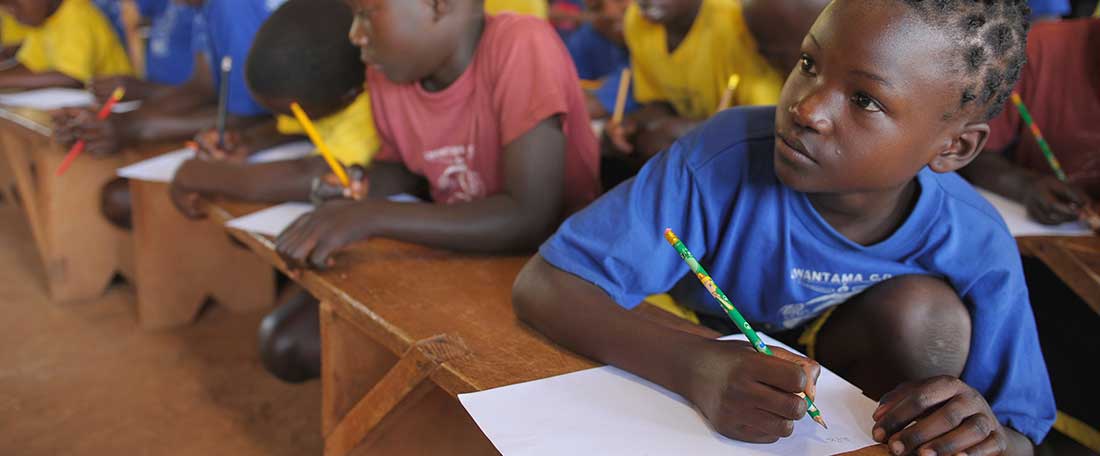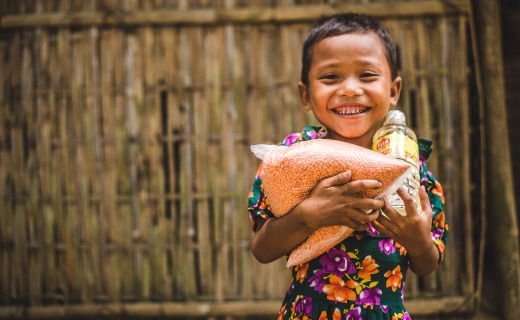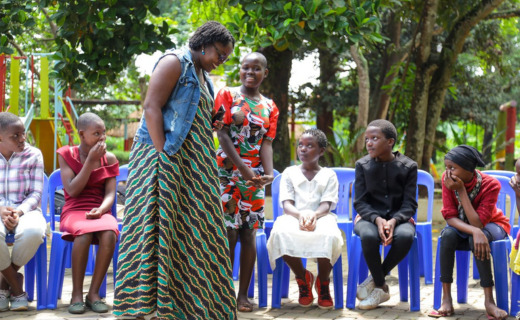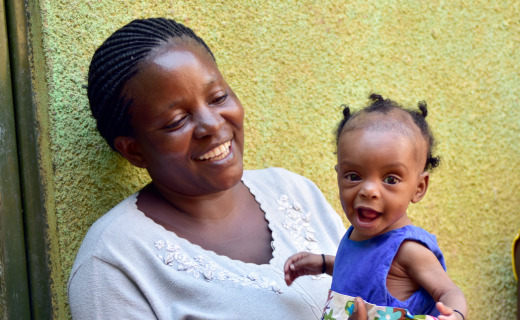Uganda
Capital City: Kampala
Population: 40 million
Life expectancy: Male 54.8 years, Female 57.8 years
Population with improved drinking water: Urban 95.5%, Rural 75.8%
Population with improved sanitation: 19.1%
Percentage of children under the age of 5 underweight: 10.4%
Literacy Rate: Male: 85.3%, Female: 71.5%
Child Labour: 18%
Religion: Protestant 45.1% (Anglican 32.0%, Pentecostal/Born Again/Evangelical 11.1%, Seventh Day Adventist 1.7%, Baptist .3%), Roman Catholic 39.3%, Muslim 13.7%, other 1.6%, none 0.2% (2014)
Percentage living below the poverty line: 21.4%
A little bit of history
Winston Churchill once described Uganda as the ‘Pearl of Africa’, owing to its striking scenery. However, over the years Uganda has suffered great unrest and tragedy. After achieving independence from Britain in 1962, the following years plunged the country into chaos. Years of civil war under the leadership of Idi Amin and Milton Obote took the lives of more than 400,000 Ugandans and destroyed the economic and social foundations of the nation.
Since 1986, under the leadership of President Yoweri Museveni, the country has enjoyed relative stability. However, in the north the government remains locked in conflict with the Lord’s Resistance Army (LRA), a group of rebel fighters who are renowned for the brutality and use of child soldiers. The region is hugely insecure and tens of thousands of people have been displaced as a result of the conflict.
How Uganda makes a living
Uganda is a remarkably green country, with substantial natural resources, fertile soils and regular rainfall. As a result, agriculture is vital to the country’s economy, employing more than 72% of the work force. The government, with support from international organisations, has made a huge effort to stabilise the economy by reforming the currency and raising producer prices on export crops and petroleum products. These changes are having a positive impact and Uganda is now one of the fastest growing economies in Africa, boosted by the recent discovery of oil.
Challenges faced by children
Despite economic progress, life remains tough for many children in Uganda. The AIDS pandemic ravaged the country in the 1980s and 1990s. While efforts to curb the spread have led to a reduction in rates of infection, there are still an estimated two million orphans with AIDS in Uganda. Many of these children have not only had to deal with immense grief, they’ve also been left with the huge responsibility of caring for themselves and their siblings. In the north of the country, where civil war is still rife, children already living in poverty are also at risk of being recruited to fight as child soldiers for the Lord’s Resistance Army.
Compassion in Uganda
Compassion's ministry in Uganda began in 1980. Currently, more than 122,072 children are being given teaching, health checks, nutritious food and support by 437 church-based projects.





